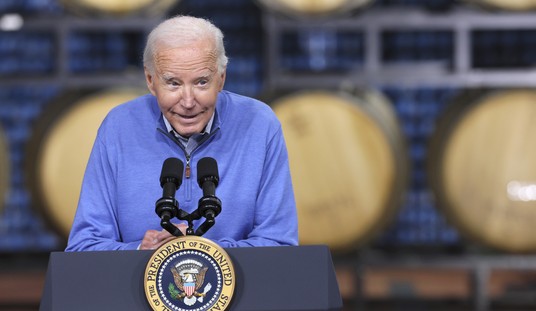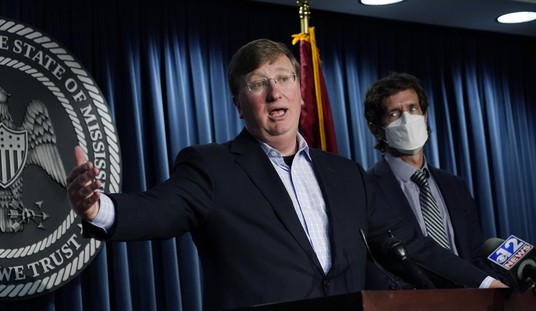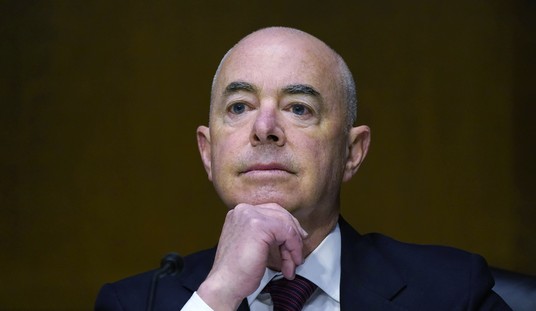Most European stock markets have opened down almost 3%, with some down almost 4%. US stocks are down about 3.5% there, the equivalent of almost 400 Dow points. The 30-year bond yield is now a hair above 4%.
I heard people yesterday speaking of a bit more calm in US credit markets than has been the case in recent days. There are good signs here and there in various markets. The US is looking better than the rest of the world at this point. Europe is… Europe. China fears the loss of export markets as the euro falls. Meanwhile, Japan, Korea and China all face war warnings from the Dear Leader.
This situation has a very different feel from the summers of 2007 and 2008. In my view, there isn’t nearly as much risk of widespread insolvency, as many financial institutions have spent the past year and a half buying mostly government-guaranteed assets and repairing their balance sheets. But there’s very little reason to expand risk-taking activities as the global economy deflates, and there is much fear of continued volatility. The volatility by itself increases market spreads and makes trading harder to do.
Therefore, capital markets have taken on a certain look of frozen-by-fear. But it’s not so much the fear of unknown and unhedged counterparty risk as in the last crisis, that gnawing worry about which gold-plated name you’ll hear bankruptcy rumors about tomorrow.
The basis of asset valuations is the benchmark credits issued by sovereigns, and we’re resetting those basic valuations downward. This process is actually the next phase of the last financial crisis, which was defused by shifting losses from private entities to governments. The governments won’t fail in a nominal sense, but markets never really took into account the loss of value that the bailouts represented. That’s what we’re doing now.
The question that markets face is: can this be managed in an orderly way? Or will we have problems on the way down?
US capital markets have been remarkably free from significant disruption. The stock market is basically doing the right thing. It’s been discounting a very strong economic recovery for many months now. As the limitations of that sanguine view become clear, stock prices are resetting to more realistic levels.
It also has to be said that the prospect of government crackdowns on market activity is adding greatly to the problems. Angela Merkel’s recent announcement of bans on certain kinds of short-selling, took away a critically important tool that markets use to adjust to rapidly changing conditions. The fact that her ban wasn’t copied by other European states set off a flurry of shifting exposure away from German markets.
Merkel basically tried to make it illegal for markets to trade down. She ham-fistedly added to the risk of adverse regulatory action, right in the teeth of crisis, gabbing about how “promises were made to the people” to stop the bailouts. This is quite frightening. It’s smart to take some of your chips off the table now, rather than have your government take away your ability to do so at the worst possible moment. This adds to the overall deflationary pressure.
And the government risk gets even worse with a major regulatory effort underway in Washington. US authorities have been entirely frank [sic] about their desire to score political points by being “tough on Wall Street.” Senator Blanche Lincoln inserted a provision in the just-passed Senate legislation that, by restricting derivatives trading, will probably reduce financial industry profits significantly. And why did she do that? Because she faced a primary challenge from her left.
When the job security of a powerful woman from eastern Berlin and another from Arkansas matter more than the stability of the financial industry, that’s potentially a lot more risk than you really want to be exposed to. I’ve heard talk of moving industry operations from New York and London and Frankfurt to Hong Kong.
Thankfully, there is no talk of a widespread meltdown, as there was at several points in 2008. It’s fully expected that central banks and governments will step up with taxpayer bailouts and asset guarantees as they did then.
But it’s not possible to go through a long period of uncertainty and risk-aversion in capital markets without leaving a mark on industry and trade. The overall impact of the Euro-crisis will be economic. You should expect less growth in Europe, even less than the already weak expectations than had been in place before the crisis bloomed.
And this creates a challenge for the nascent US recovery, which has been led by growth in manufacturing and exports. The lower euro allows Europe to effectively import demand that they can’t generate internally. That demand has to be taken away from someone else. The Chinese will keep their currency undervalued, shielding them from some of the impact.
But we have less freedom to maneuver, with US interest rates already at zero. The dollar will strengthen. This helps us in some ways by making imported commodities less expensive. But it also makes our exported goods less attractive. This will put some pressure on our economic growth.
A final point: our current government came to power brimming with confidence, promising hope and change. At that time, many of us recalled Harold Macmillan’s phrase “Events, my dear boy, events.” The possibility of events has taken a frightening turn with the rise of tensions, and now war warnings, on the Korean peninsula. With an untested hand in the White House, this situation presents a risk that I have no clue how to hedge.
This story first appeared at The New Ledger.














Join the conversation as a VIP Member